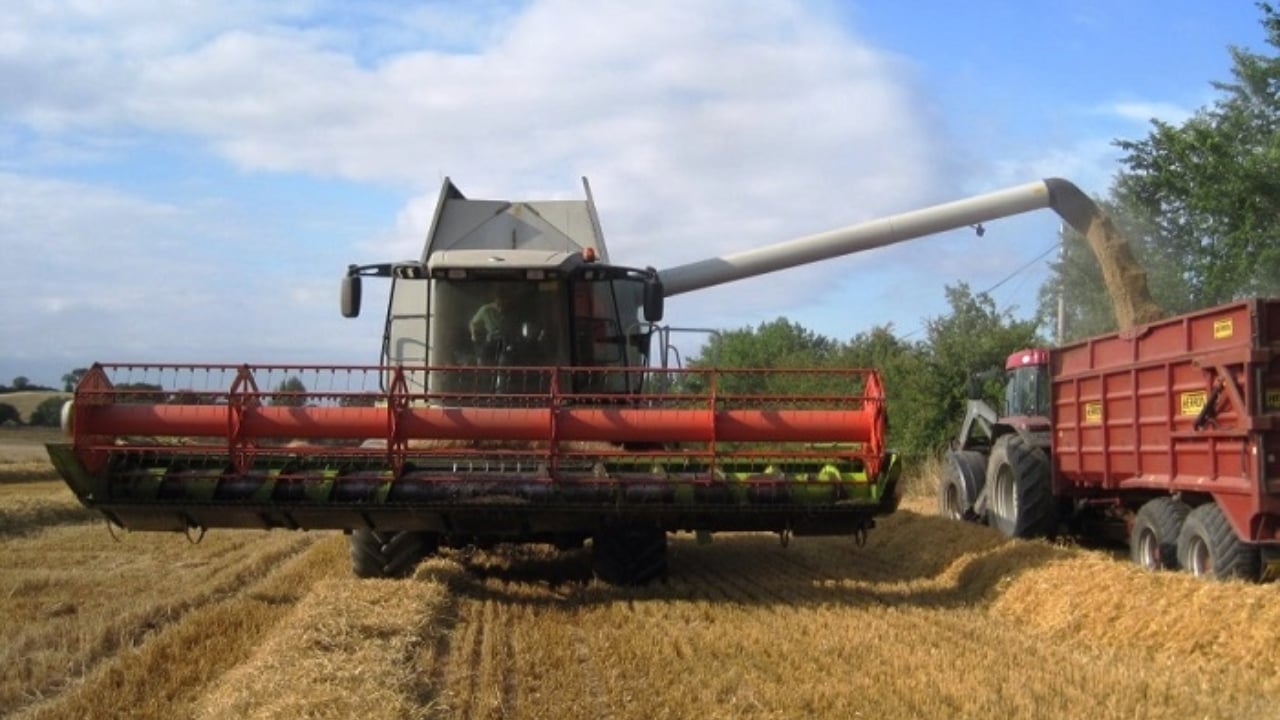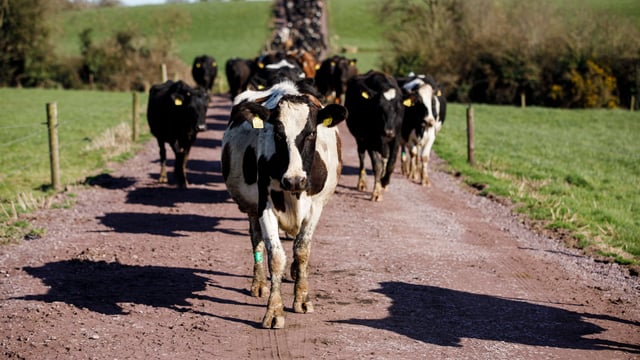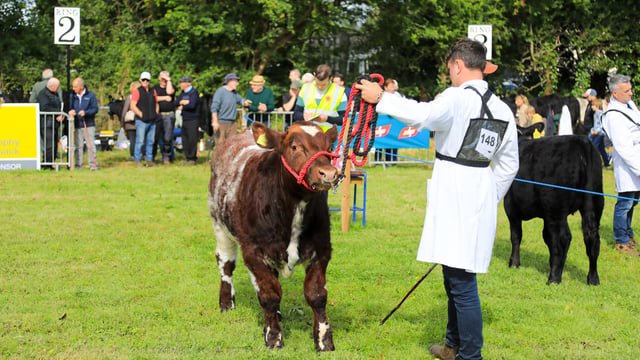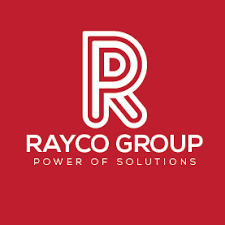Organic growers urged to consider home-saved seed
With the spring cereal harvest underway, Teagasc is encouraging organic tillage farmers to consider home-saved seed.
Most crop varieties grown in Ireland come from the Department of Agriculture, Food and the Marine's (DAFM) official Recommended List, but these varieties are often tailored to conventional farming systems, according to Teagasc organic tillage specialist, Martin Bourke.
This can limit options for organic tillage farmers, especially for crops like peas, where traits such as straw strength are critical to ensure a successful harvest.
The organic tillage specialist said where suitable crops and conditions allow, farmers can save their own seed and pay the appropriate royalties, potentially making significant savings compared to buying organically certified seed, which can cost €1,000–€1,500/t.
Bourke notes that home-saving seed also offers a risk management benefit, as the supply of organic cereal and legume seed can be disrupted by poor harvest years, as seen following the challenging weather in 2024.
Setting up for home-saved seed requires suitable machinery and infrastructure, according to Teagasc.
A reliable combine or contractor, effective grain handling systems, and on-farm cleaning equipment are essential to ensure seed is dry, weed-free, and safe for storage.
Certified seed still holds advantages, such as guaranteed varietal purity and high germination rates as well as access to the latest plant breeding improvements.
Bourke recommends that even farms that rely mainly on saved seed should periodically introduce certified varieties to maintain crop competitiveness.
Planning crop rotations is also key. Incorporating winter crops, such as newer Barley Yellow Dwarf Virus (BYDV)-tolerant winter barley, can aid weed control and improve soil health, according to Teagasc.
While oats remain the dominant organic cereal due to demand in the human-grade market, Bourke suggests organic barley could see growth to meet the rising need for high-energy winter feed.
Teagasc advises that a balanced approach to seed sourcing, combined with well-structured rotations, can help organic tillage farms remain resilient and profitable.






